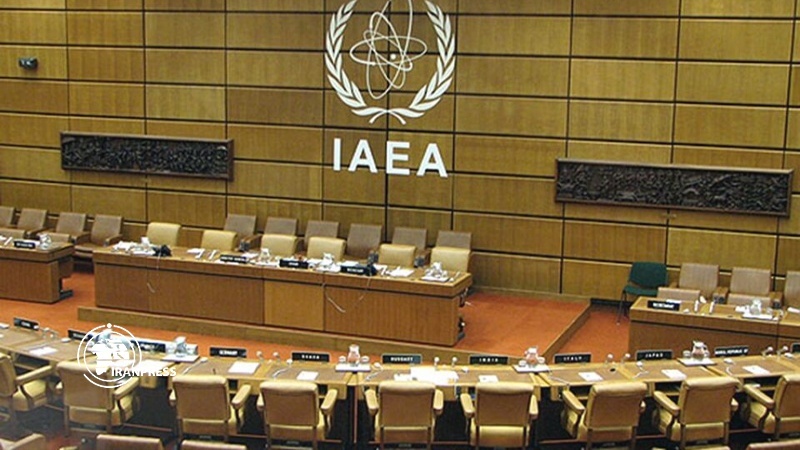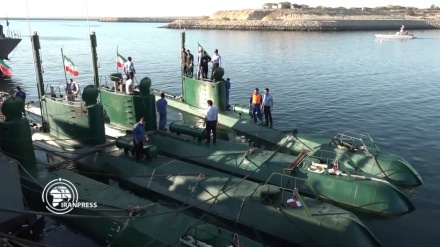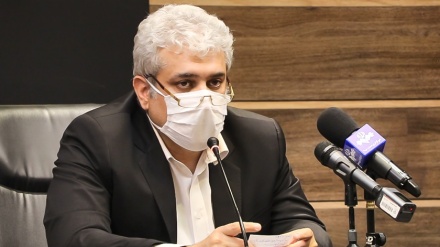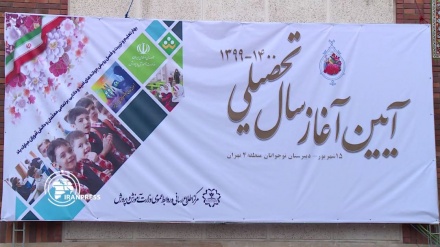IAEA Board of Governors quarterly meeting in Vienna
Iran has had extensive cooperation with the International Atomic Energy Agency (IAEA) since the announcement of the JCPOA, It has worked extensively with the IAEA to confirm the peaceful nature of its nuclear activities and to fulfill its obligations. However, the IAEA has taken a negative approach to Tehran during Rafael Grossi's presidency. The new meeting of the IAEA Board of Governors has provided another opportunity for him to make false accusations again.
Iran Press/commentary: The International Atomic Energy Agency (IAEA) Board of Governors meeting started virtually before noon on Monday, June 15, at the organization's headquarters in Vienna.
As announced, annual report 2019, technical cooperation report 2019, Verification and monitoring in the Islamic Republic of Iran in light of United Nations Security Council resolution 2231, Safety Implementation in 2019, Safety Request in North Korea, Safety Agreement (NPT) with the Islamic Republic of Iran and the International Atomic Energy Agency (IAEA) amid the Coronavirus are some of the main topics during the five-day meeting.
The board of Govern Council's virtual meeting holds while the United States and some European countries, including France, referring to the recent report by the Director-General of the International Atomic Energy Agency on Iran's nuclear program, accused Tehran of not cooperating with the IAEA.
Given this issue, it seems that the key issue in this meeting is the recent developments in the relations between Iran and the IAEA.
This is important due to the negative approach and ambiguities that IAEA Director General Rafael Grossi has taken in his recent reports against Iran. At today's meeting, Grossi reiterated his baseless allegations against Iran, claiming that Tehran would not allow inspections to visit some places.
"Iran has not allowed us access to two places in four months and has not cooperated for almost a year in content discussions to clarify questions about undeclared nuclear material and undeclared nuclear activities," Grossi said.
The agency's director-general, Rafael Grossi, who previously had no friendly deal with Iran as deputy director-general, By assuming the new responsibility, as previously predicted, he has been in line with the demands of the United States and Israeli regime.
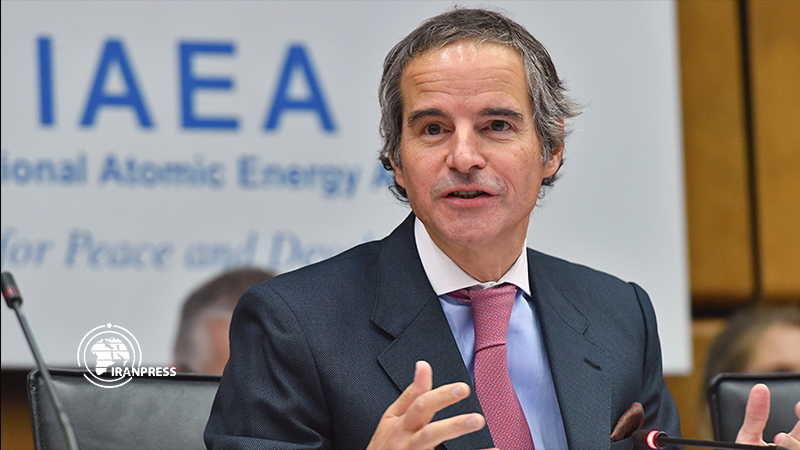
Through evidence provided by the Zionist regime to Grossi, He has demanded that the IAEA inspectors must access to several locations in Iran on suspicion that those places had previously been involved in nuclear activities, this is while the IAEA's area of responsibility has been fully specified in agreements.
Thus, Tehran is not going to be held accountable for any claims made, especially by Iran's enemies, such as the Zionist regime and the United States, about its peaceful nuclear program, Or grant permission to inspect any location requested by the Director-General of the Agency.
Related News:
Iran's Gharibabadi sends a letter to IAEA over US unlawful actions
This is something that Iran's nuclear officials are emphasizing. According to Kazem Gharibabadi, Iran's ambassador and permanent representative to international organizations in Vienna: "Iran is preventing the creation of an unprincipled and dangerous heresy in the International Atomic Energy Agency."
In fact, since Grossi took over the management of the International Atomic Energy Agency (IAEA) on several occasions, he has tried to accuse Iran over its nuclear activities, as well as fulfilling Iran's commitments to the IAEA. He does exactly what the United States wants him to do regarding Iran. This is something that even Western observers have acknowledged. Lawrence Norman, a Brussels-based Wall Street Journal reporter, tweeted on Friday that the United States was trying to issue resolutions against Iran through a meeting of the IAEA Board of Governors on Monday.
However, this effort will not be supported by some important members of the IAEA Board of Governors, such as Russia and China. In particular, Grossi's biased approach to Iran has been opposed by Russia.
Of course, since the session of the IAEA Board of Governors is held in a virtual format, so in the absence of consensus on the issues under discussion, the chairman of the meeting will convene a face-to-face meeting as usual. Mikhail Ulyanov, Russia's representative to international organizations in Vienna, made it clear that the council could not take a formal decision because the meeting of the Board of Governors is held virtually.
Author: Reza MirTaher
Translator: Ashkan Salehian
101/219
Read More:
IAEA continues to verify Iran's nuclear program
Iranian envoy reports US continuous obstruction against Iran in IAEA
